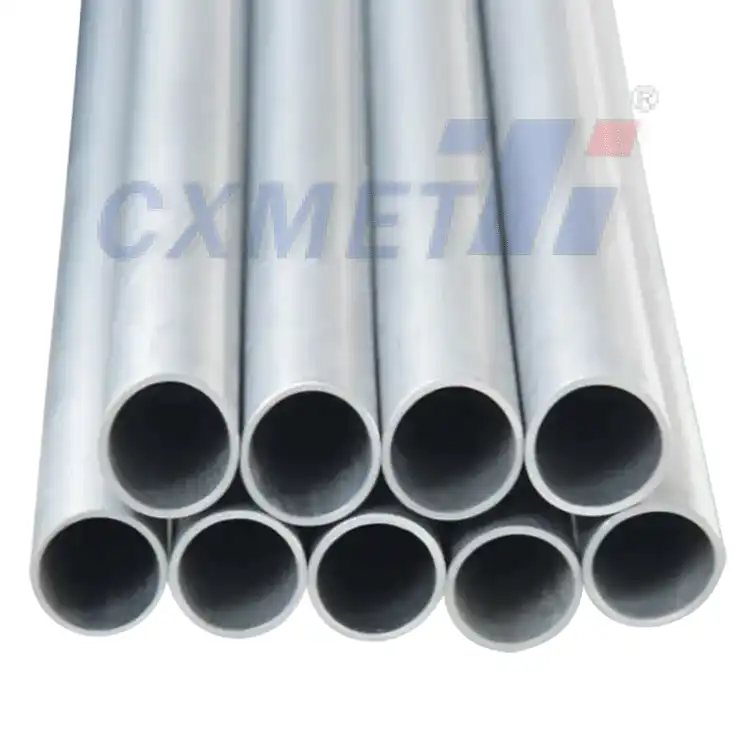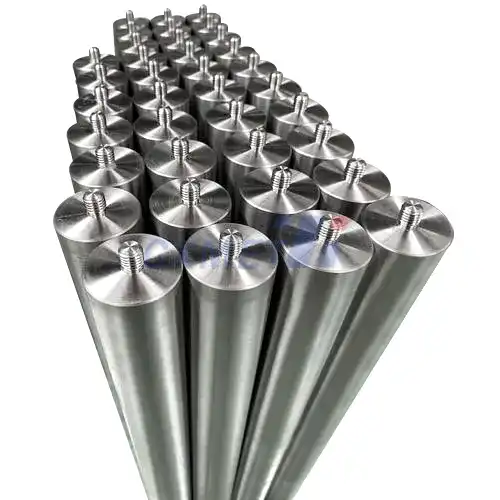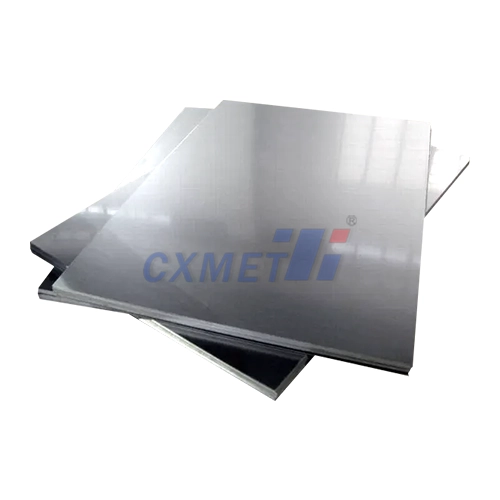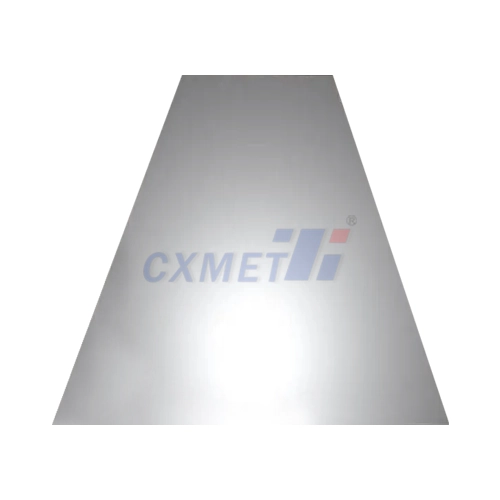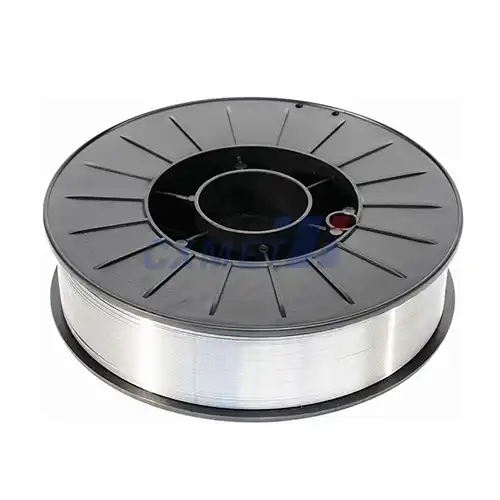- English
- French
- German
- Portuguese
- Spanish
- Russian
- Japanese
- Korean
- Arabic
- Greek
- German
- Turkish
- Italian
- Danish
- Romanian
- Indonesian
- Czech
- Afrikaans
- Swedish
- Polish
- Basque
- Catalan
- Esperanto
- Hindi
- Lao
- Albanian
- Amharic
- Armenian
- Azerbaijani
- Belarusian
- Bengali
- Bosnian
- Bulgarian
- Cebuano
- Chichewa
- Corsican
- Croatian
- Dutch
- Estonian
- Filipino
- Finnish
- Frisian
- Galician
- Georgian
- Gujarati
- Haitian
- Hausa
- Hawaiian
- Hebrew
- Hmong
- Hungarian
- Icelandic
- Igbo
- Javanese
- Kannada
- Kazakh
- Khmer
- Kurdish
- Kyrgyz
- Latin
- Latvian
- Lithuanian
- Luxembou..
- Macedonian
- Malagasy
- Malay
- Malayalam
- Maltese
- Maori
- Marathi
- Mongolian
- Burmese
- Nepali
- Norwegian
- Pashto
- Persian
- Punjabi
- Serbian
- Sesotho
- Sinhala
- Slovak
- Slovenian
- Somali
- Samoan
- Scots Gaelic
- Shona
- Sindhi
- Sundanese
- Swahili
- Tajik
- Tamil
- Telugu
- Thai
- Ukrainian
- Urdu
- Uzbek
- Vietnamese
- Welsh
- Xhosa
- Yiddish
- Yoruba
- Zulu
How Does GR1 Titanium Compare to Other Grades of Titanium?
2024-10-11 10:21:33
Titanium is a remarkable metal known for its exceptional strength-to-weight ratio, corrosion resistance, and biocompatibility. Among the various grades of titanium, Grade 1 (GR1) titanium holds a unique position due to its specific properties and applications. This blog post will explore how GR1 titanium compares to other grades, with a particular focus on GR1 titanium seamless tubes.
GR1 titanium, also known as commercially pure (CP) titanium grade 1, is the purest form of titanium available for industrial use. It contains the lowest amount of interstitial elements and impurities compared to other grades, resulting in excellent ductility and formability. While it may not be as strong as some higher-grade titanium alloys, GR1 titanium offers unparalleled corrosion resistance and workability, making it ideal for specific applications where these properties are crucial.
What are the key properties of GR1 titanium seamless tubes?
GR1 titanium seamless tubes possess a unique set of properties that make them valuable in various industries. Let's delve into the key characteristics that set GR1 titanium seamless tubes apart from other materials:
1. Excellent Corrosion Resistance: GR1 titanium seamless tubes exhibit exceptional resistance to corrosion, particularly in harsh environments. This property stems from the formation of a stable, protective oxide layer on the surface of the titanium. This natural barrier provides superior protection against various corrosive media, including seawater, acids, and industrial chemicals. The corrosion resistance of GR1 titanium often surpasses that of stainless steel and other alloys, making it an ideal choice for applications in marine environments, chemical processing, and desalination plants.
2. High Ductility and Formability: GR1 titanium is renowned for its exceptional ductility and formability. These properties are particularly advantageous in the production of seamless tubes, as they allow for complex shaping and fabrication processes without compromising the material's integrity. The high ductility of GR1 titanium enables manufacturers to produce tubes with thin walls and tight tolerances, which is crucial in applications where weight reduction and precise dimensions are essential.
3. Low Density: Like all titanium grades, GR1 titanium has a relatively low density compared to other metals such as steel or nickel alloys. This low density translates to a high strength-to-weight ratio, making GR1 titanium seamless tubes an excellent choice for applications where weight reduction is a priority. The lightweight nature of these tubes can lead to significant fuel savings in transportation applications or reduced structural loads in construction projects.
4. Biocompatibility: GR1 titanium is highly biocompatible, meaning it is non-toxic and well-tolerated by the human body. This property makes GR1 titanium seamless tubes ideal for medical and dental applications, such as surgical implants, prosthetics, and medical device components. The material's ability to integrate with living tissue without causing adverse reactions is a crucial factor in its widespread use in the biomedical field.
5. Thermal Properties: GR1 titanium seamless tubes possess good thermal conductivity and a low coefficient of thermal expansion. These properties make them suitable for heat exchanger applications, where efficient heat transfer and dimensional stability under varying temperatures are essential. The thermal characteristics of GR1 titanium also contribute to its performance in aerospace and industrial applications where temperature fluctuations are common.
These key properties of GR1 titanium seamless tubes make them invaluable in a wide range of industries, from aerospace and marine engineering to chemical processing and medical technology. The unique combination of corrosion resistance, formability, and biocompatibility sets GR1 titanium apart from other materials and grades of titanium, making it the material of choice for demanding applications where performance and reliability are paramount.
How is GR1 titanium different from GR2 titanium in seamless tubes?
When comparing GR1 titanium to GR2 titanium in the context of seamless tubes, it's essential to understand the subtle yet significant differences between these two grades of commercially pure titanium. Both grades are widely used in industry, but their distinct properties make them suitable for different applications. Let's explore the key differences between GR1 and GR2 titanium seamless tubes:
1. Chemical Composition: The primary difference between GR1 and GR2 titanium lies in their chemical composition. GR1 titanium is the purest form of commercially available titanium, with the lowest content of interstitial elements such as oxygen, nitrogen, and carbon. GR2 titanium, while still considered commercially pure, contains slightly higher levels of these interstitial elements. This difference in composition directly affects the mechanical properties and performance characteristics of the seamless tubes made from these grades.
2. Strength: GR2 titanium seamless tubes generally exhibit higher strength compared to GR1 titanium tubes. The increased content of interstitial elements in GR2 titanium contributes to its higher yield strength and tensile strength. This makes GR2 titanium tubes more suitable for applications requiring greater load-bearing capacity or resistance to higher pressures. However, it's important to note that the strength difference is not drastic, and both grades still offer excellent strength-to-weight ratios compared to many other metals.
3. Ductility and Formability: GR1 titanium seamless tubes have superior ductility and formability compared to GR2 titanium tubes. The lower content of interstitial elements in GR1 titanium allows for easier cold working and forming operations. This makes GR1 titanium tubes ideal for applications requiring complex shapes or severe forming processes. GR2 titanium tubes, while still formable, may require more force or specialized techniques to achieve the same level of deformation without compromising the material's integrity.
4. Corrosion Resistance: Both GR1 and GR2 titanium seamless tubes offer excellent corrosion resistance due to the formation of a stable oxide layer on their surface. However, GR1 titanium tubes generally exhibit slightly better corrosion resistance in extremely aggressive environments. The higher purity of GR1 titanium contributes to its superior performance in harsh corrosive media, making it the preferred choice for applications in chemical processing, marine environments, or other highly corrosive settings.
5. Welding Characteristics: While both grades are considered highly weldable, GR1 titanium seamless tubes typically demonstrate better welding characteristics than GR2 titanium tubes. The lower content of interstitial elements in GR1 titanium results in a more stable weld pool and reduces the risk of embrittlement in the heat-affected zone. This makes GR1 titanium tubes preferred in applications where extensive welding is required or where weld quality is critical.
6. Cost: Generally, GR1 titanium seamless tubes are slightly more expensive than GR2 titanium tubes. The higher purity of GR1 titanium requires more stringent processing and quality control measures, which contribute to its higher cost. However, the price difference is often justified by the superior performance in specific applications where the unique properties of GR1 titanium are essential.
In conclusion, while GR1 and GR2 titanium seamless tubes share many similarities, their subtle differences make each grade more suitable for specific applications. GR1 titanium tubes excel in scenarios requiring maximum corrosion resistance, formability, and biocompatibility, while GR2 titanium tubes offer a balance of slightly higher strength with good corrosion resistance and formability. The choice between these grades often depends on the specific requirements of the application, balancing factors such as mechanical properties, environmental conditions, and cost considerations.
What are the main applications of GR1 titanium seamless tubes?
GR1 titanium seamless tubes find applications across various industries due to their unique combination of properties. Let's explore the main applications where these tubes are extensively used:
1. Chemical Processing Industry: GR1 titanium seamless tubes are widely used in chemical processing plants due to their exceptional corrosion resistance. They are employed in heat exchangers, reactors, and piping systems that handle corrosive chemicals, acids, and alkalis. The tubes' ability to withstand harsh environments makes them ideal for processing chlorine, nitric acid, and other aggressive substances.
2. Desalination Plants: In seawater desalination facilities, GR1 titanium seamless tubes play a crucial role. They are used in heat exchangers and condensers due to their resistance to saltwater corrosion and biofouling. The tubes' excellent heat transfer properties and longevity in marine environments contribute to the efficiency and reliability of desalination processes.
3. Power Generation: GR1 titanium seamless tubes are utilized in power plants, particularly in steam condensers and heat exchangers. Their corrosion resistance and thermal properties make them suitable for handling both freshwater and seawater cooling systems. The tubes' long service life and low maintenance requirements contribute to the overall efficiency of power generation facilities.
4. Aerospace Industry: Although not as commonly used as higher-strength titanium alloys in aerospace, GR1 titanium seamless tubes find applications in specific areas of aircraft and spacecraft construction. They are used in hydraulic and pneumatic systems where corrosion resistance and lightweight properties are crucial. The tubes may also be employed in non-structural components or in areas where formability is more important than high strength.
5. Medical and Dental Applications: The biocompatibility of GR1 titanium makes its seamless tubes highly valuable in the medical field. They are used in the manufacture of surgical instruments, implants, and prosthetics. The tubes may be employed in devices such as bone fixation systems, dental implants, and components of artificial heart valves. The material's ability to integrate with human tissue without causing adverse reactions is a key factor in these applications.
6. Food Processing Industry: GR1 titanium seamless tubes are used in food processing equipment, particularly in areas where corrosion resistance and cleanliness are paramount. They are employed in heat exchangers, piping systems, and vessels used for processing acidic foods or beverages. The material's resistance to pitting and crevice corrosion helps maintain product purity and equipment longevity.
These diverse applications highlight the versatility and importance of GR1 titanium seamless tubes across multiple industries. Their unique combination of corrosion resistance, formability, and biocompatibility continues to drive innovation and improve performance in critical processes and technologies.
In conclusion, GR1 titanium seamless tubes offer a unique set of properties that make them invaluable in numerous applications across various industries. Their excellent corrosion resistance, high ductility, and biocompatibility set them apart from other materials and even other grades of titanium. While GR1 titanium may not be as strong as some higher-grade alloys, its specific characteristics make it the material of choice for applications where purity, formability, and resistance to harsh environments are paramount.
As technology advances and new challenges arise in industries such as chemical processing, medical technology, and renewable energy, the demand for GR1 titanium seamless tubes is likely to grow. Their ability to withstand corrosive environments, integrate with biological systems, and maintain performance under demanding conditions ensures their continued relevance in both traditional and emerging applications.
Understanding the differences between GR1 and other titanium grades, such as GR2, is crucial for engineers and designers when selecting materials for specific projects. While GR2 titanium may offer slightly higher strength, GR1 titanium's superior ductility and corrosion resistance make it the preferred choice in many scenarios.
As we look to the future, ongoing research and development in titanium processing and applications may further expand the use of GR1 titanium seamless tubes. Their unique properties position them well to meet the evolving needs of industries striving for greater efficiency, durability, and sustainability in their processes and products.
At SHAANXI CXMET TECHNOLOGY CO., LTD, we take pride in our extensive product range, which caters to diverse customer needs. Our company is equipped with outstanding production and processing capabilities, ensuring the high quality and precision of our products. We are committed to innovation and continuously strive to develop new products, keeping us at the forefront of our industry. With leading technological development capabilities, we are able to adapt and evolve in a rapidly changing market. Furthermore, we offer customized solutions to meet the specific requirements of our clients. If you are interested in our products or wish to learn more about the intricate details of our offerings, please do not hesitate to contact us at sales@cxmet.com. Our team is always ready to assist you.
References:
1. ASTM International. (2021). ASTM B338 - Standard Specification for Seamless and Welded Titanium and Titanium Alloy Tubes for Condensers and Heat Exchangers.
2. Lutjering, G., & Williams, J. C. (2007). Titanium (2nd ed.). Springer-Verlag Berlin Heidelberg.
3. Donachie, M. J. (2000). Titanium: A Technical Guide (2nd ed.). ASM International.
4. Corrosion Materials. (2022). Titanium Grade 1 vs Grade 2.
5. TMS Titanium. (2023). Grade 1 Titanium.
6. Titanium Processing Center. (2023). Titanium Grade 1.
